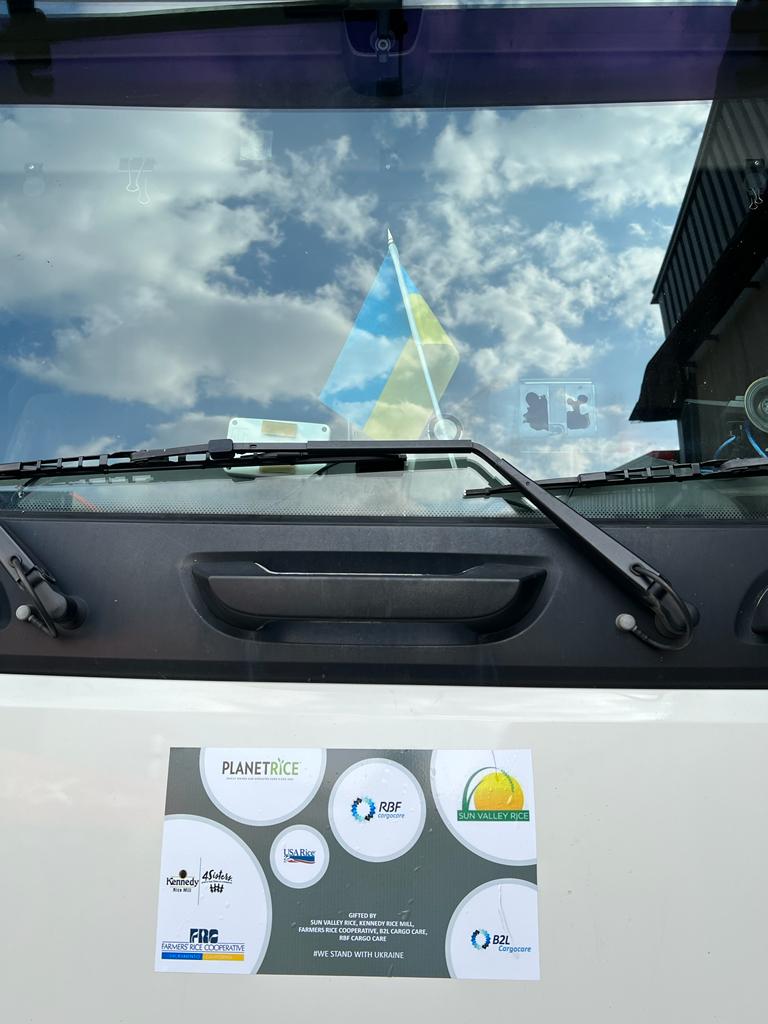 First U.S. rice shipment to Ukraine
First U.S. rice shipment to Ukraine
Apr 07, 2022
WASHINGTON, DC -- Yesterday, the House Agriculture Livestock and Foreign Agriculture Subcommittee held a Farm Bill review hearing on international trade and food assistance programs.
Given the impacts Russia’s invasion into Ukraine is and will continue having on the world food supply, much of the hearing focused on what can be done by the U.S. government to address expected food insecurity and shortages in Ukraine and around the world.
Members heard from two panels of witnesses, the first being Administration officials, U.S. Department of Agriculture Foreign Agricultural Service Administrator Daniel Whitley and U.S. Agency for International Development (USAID) Assistant to the Administrator for the Bureau for Humanitarian Assistance Sarah Charles, and the second being a panel of cooperators from the U.S. Dairy Export Council, the National Association of Wheat Growers, the United Nations World Food Programme, and Catholic Relief Services.
Rep. Scott DesJarlais (R-TN), directing comments to Charles questioned the use of taxpayer dollars to purchase foreign commodities over U.S. commodities for USAID projects.
“USAID has historically pushed members of this committee to advocate for more flexibility to use cash to procure foreign commodities over in-kind donations of U.S. commodities. For example, instead of buying U.S. rice or U.S. wheat, USAID and its implementing partners could theoretically use U.S. taxpayer dollars to buy Russian wheat or Vietnamese rice to support feeding and development projects. Does USAID have controls in place to prevent U.S. dollars from supporting Russian businesses or others that directly compete with U.S. farmers?”
In response, Charles said, “for our U.S. foreign assistance programs, we certainly have controls in place to make sure that our assistance is used consistent with the law, and certainly right now our partners are looking closely at new sanctions that have been imposed. We do not restrict our partners, though, from procuring with our international disaster assistance funding, from procuring what is on the local market.”
“U.S. rice stands at the ready to provide rice for U.S. government food assistance programs,” said Jacob Broussard, a Texas rice miller and chair of the USA Rice Food Aid Subcommittee. “It is important that the U.S. government and its partners support American farmers by sourcing in-kind commodities, including rice, for food aid and assistance programs.”
Annually, two to five percent of U.S. rice exports are utilized for food aid programs.